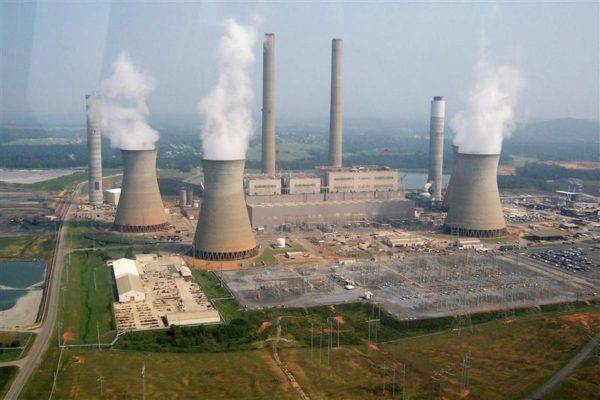There are quite a few arguments for renewable energy investment, but one argument used against renewables was the cost factor. Five years ago, we started to see that cost gap close, leading countries like Germany, China, the United States to ramp up investment into solar farms.
We may see a slow down on that investment, due to new Internet of Things (IoT) tools that lower the costs of running a coal plant and reduce the amount of emissions.
See Also: How IoT can change the future of farming in droughts
GE, IBM, Siemens, and Schneider Electric have all launched digital power plant systems—for renewable, gas, and coal plants—that lower costs, emissions, and boost efficiency.
The improvements, while helpful for the businesses and towns that stay open thanks to coal power, may also prolong our use of coal as the dominant power source.
According to MIT Technology Review, an Italian plant shut down in 2014 due to excess electricity and reduced prices, but reopened in 2016 due to operation enhancements from GE’s hardware and software.
The plant is now able to go from dormant to fully operational in two hours, down from three hours under the old system, which vice president of A2A Massimiliano Masi says is a huge improvement.
Coal plants use IoT to gain efficiency
On top of operational speed, GE’s system can improve energy efficiency from 33 to 49 percent. This means more electric power can be captured while burning the same amount of coal, leading to a reduction in emissions.
While this may lead to a cleaner, smarter coal power system, it also allows factory owners to keep the plant running for longer. That would leave us at the same position, in terms of emissions, as we are at currently.
For environmentalists, the invasion of IoT into coal plants may be seen as a disaster, but plenty of towns rely heavily on the factories for jobs.
In the U.S., coal power accounts for around 33 percent of electricity production, but it has been dropping for a few years as renewable energy and natural gas make gains. We don’t think the small gains from IoT will have a major impact here, but in China and India, it may prolong the dominance of coal power and inflate the co2 emissions for another generation.


















